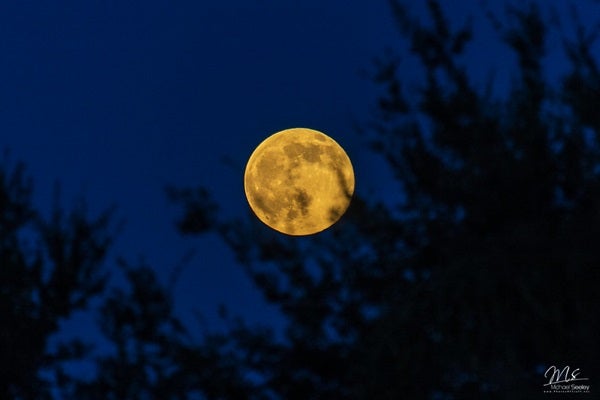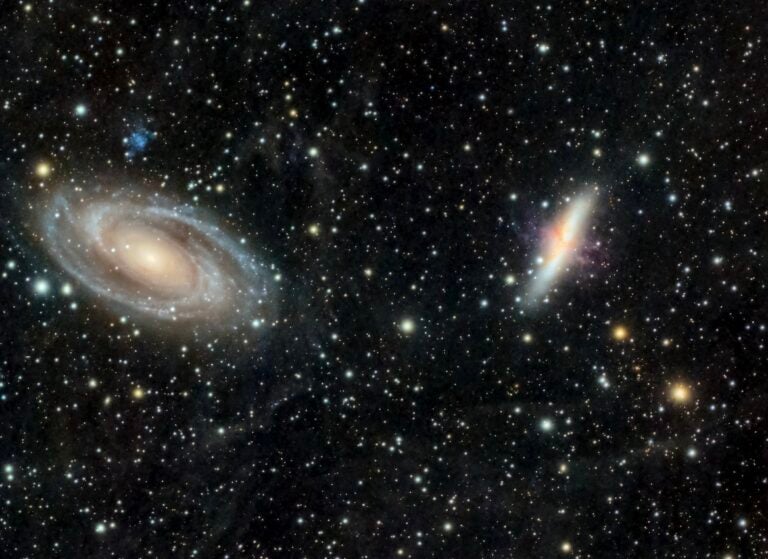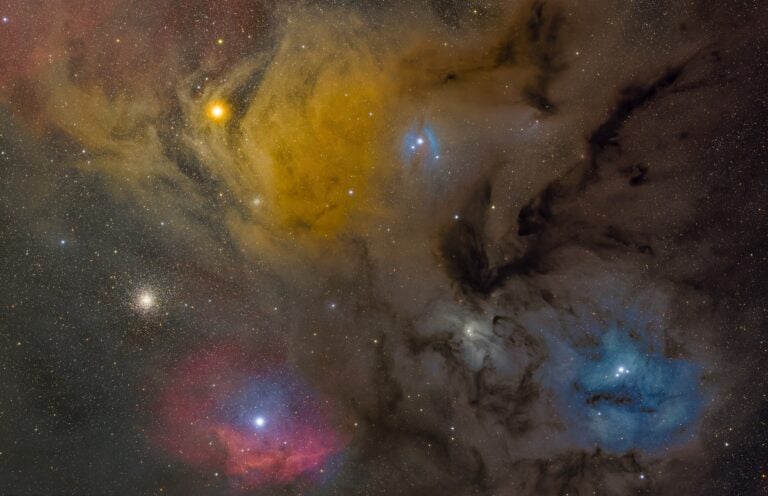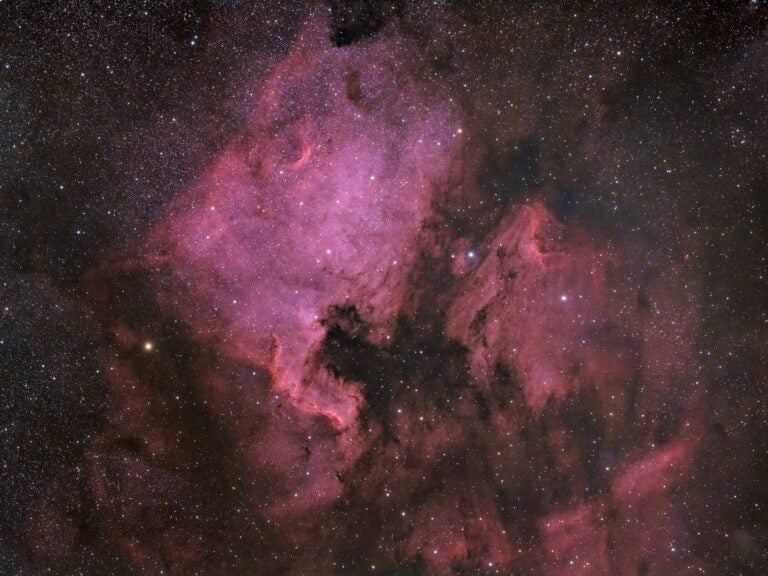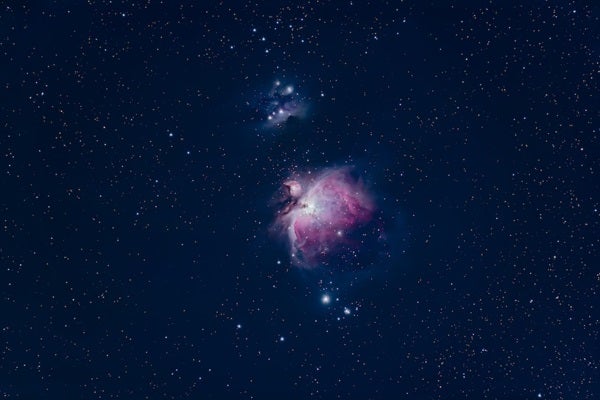What can you do to help stargazers see what’s up in the night sky this weekend? Turn off your outdoor lights and celebrate the last few nights of National Dark-Sky Week, which runs through April 30.
National Dark-Sky Week raises awareness about the importance of preserving a dark sky and promotes the hobby of astronomy. Jennifer Barlow founded the event in 2003 while a high-school sophomore in Virginia. Barlow’s goal is for “people to be able to see the wonder of the night sky without the effects of light pollution.”
It’s hard to deny the negative impact artificial outdoor lighting has on the night sky. Outdoor lighting that strays beyond what it is intended to illuminate, called light trespass, creates a whitish, glowing haze that conceals many night-sky wonders. Currently, two out of three people living in the United States live in an area where it’s not possible to see the Milky Way.
“The universe is our view into our past and our vision into the future; with National Dark-Sky Week, I want to help preserve its wonder,” says Barlow. Participation in National Dark-Sky Week is as simple as turning off your outside lights and enjoying the night sky.
For more information about National Dark-Sky Week, visit its web site, or contact your local astronomy club to find out about events going on near you. National Dark-Sky Week is endorsed by the International Dark-Sky Association, American Astronomical Society, and Astronomical League.


